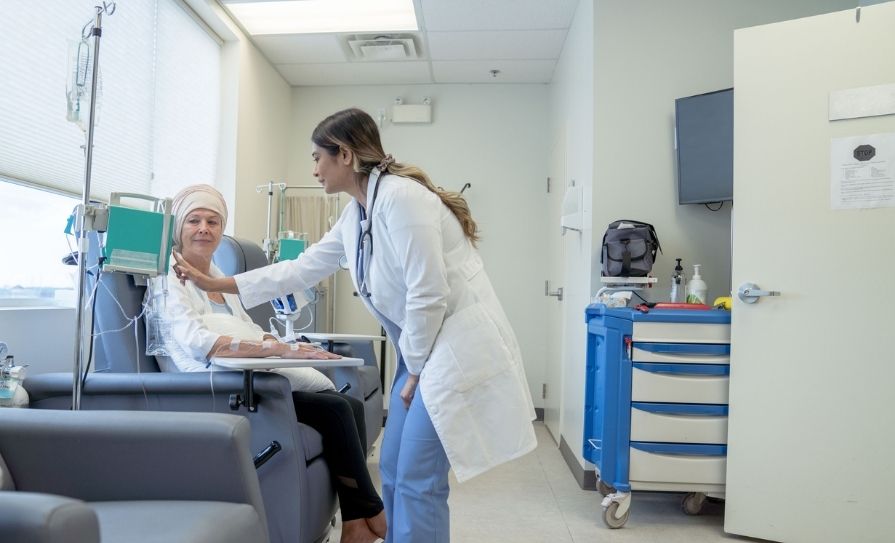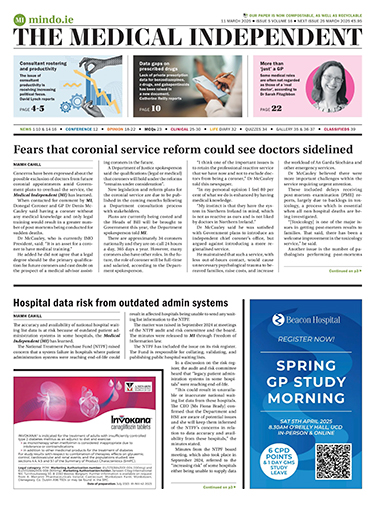The new register, which will document every joint replacement procedure undertaken in the country and follow up patients to measure the success of operations, has been introduced in four hospitals to date.
The register currently includes hip and knee replacement procedures, but when fully rolled-out in 12 public hospitals nationally, it will seek to include other joint surgeries.
At the end of 2018, the register will be introduced in Our Lady’s Hospital, Navan, Cappagh National Orthopaedic Hospital and University Hospital Galway, before national roll-out is completed by the end of 2019.
Established in 2012, the register aims to capture every hip and knee replacement undertaken nationally in the wake of the DePuy ASR hip scandal, which emerged in 2010.
Around 10,000 hip and knee operations occur annually, with just under half taking place in private hospitals.
The register aims to help identify poor outcomes among joint surgery patients by monitoring joint replacement surgery and implant devices.
Annual reports will be produced once data collection has commenced in all hospitals, it is understood.
According to Mr Paddy Kenny, Consultant Orthopaedic Surgeon and Chairperson of INOR, it took the HSE and Department of Health almost four years to track all patients implanted with the recalled DePuy devices.
He said it would have taken 10 minutes if a register had been in place.
Patient consent is sought before their details are collected and added to the register, stated Mr Kenny. To date, the consent rate is 98.5 per cent.
The project is funded and managed by the HSE, while a small team at the National Office of Clinical Audit is driving implementation in hospitals.
A HSE spokesperson said “the budget figure for the Irish National Orthopaedic Register project in 2018 is €542,400”.
It is hoped the register will be introduced in private hospitals in the future.













Leave a Reply
You must be logged in to post a comment.